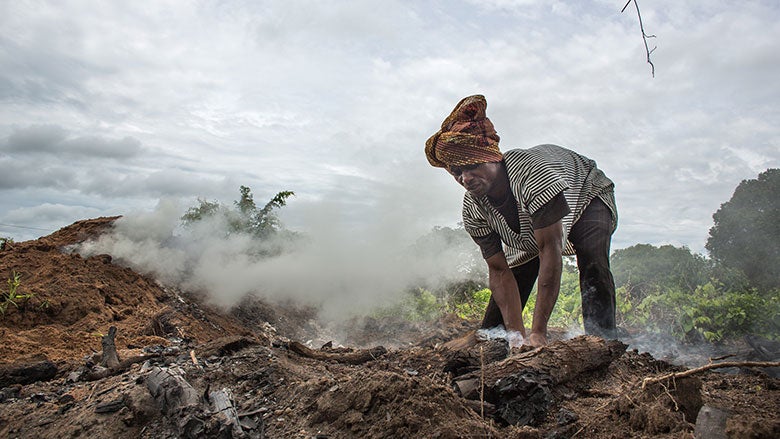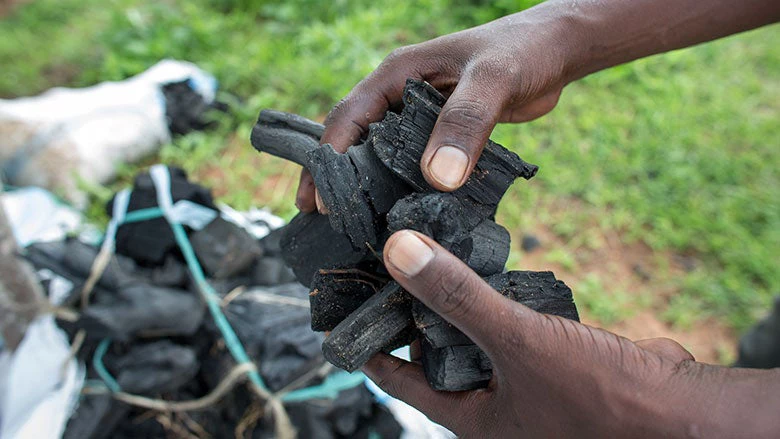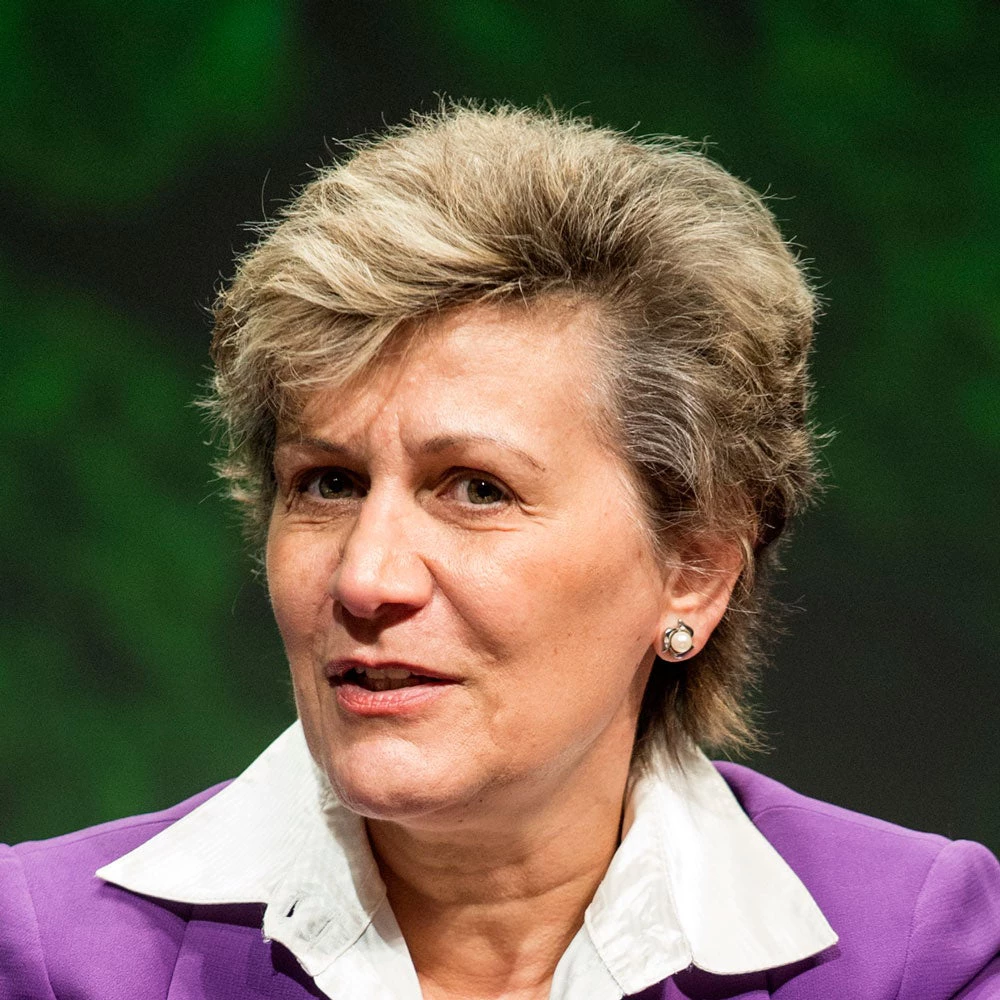
This is the third blog in a serieson forest livelihoods in Africa.
Every year on the International Day of Forests, we celebrate the vital role of forests―their contribution to the air we breathe, to healthy water cycles, to soil conservation, carbon sequestration, and the provision of habitats. We are also reminded about the urgent need to halt deforestation, which is accounting for about 18% of global greenhouse gas emissions.
Equally important is the need to get inspired by the people who depend on forests and natural resources, use them for their everyday livelihoods, and take action to protect, improve and valorize them.
The theme of this year’s International Day of Forests is Forests and Energy. This is a topic which is highly relevant for many countries, including Mozambique, where charcoal production is the second biggest driver of deforestation following agricultural expansion. About 80% of the energy consumed is from fuel wood and charcoal, and up to 98% of all extracted forest products are used for wood fuel.
This may seem like a daunting challenge. However, simple improvements in charcoal production practices can generate major efficiency gains if widely adopted. The World Bank’s portfolio in Mozambique has supported sustainable charcoal production, among other solutions, for the upkeep of forests resources.
The World Bank’s long-term engagement in the conservation and development nexus in Mozambique started two decades ago, motivated by the country’s growing interest in tapping into the immense opportunities of nature-based tourism that could also lift rural communities out of poverty.
The 15-year Transfrontier Conservation Areas Program, launched in 1996, transformed the conservation agenda, and raised it to a core development priority. Building on these results, the MozBio Project strengthened the way conservation areas are protected and contribute to improving the lives of communities in and around them. The Zambezia Integrated Landscape Management Program is focused on community delimitation, community-level land-use plans, forest management, and conservation agriculture.

Two weeks ago, the Board approved the $47 million Mozambique Forest Investment Project (MozFIP), to address the most pressing drivers of deforestation, as identified in the country’s National REDD+ Strategy. MozFIP intends to support, among others, the training of 200,000 charcoal producers in using more-efficient charcoal-making kilns or stoves, the creation of forest management plans for charcoal production, and the acquisition of licenses for biomass exploration. MozFIP will be complemented with the Dedicated Grant Mechanism for Local Communities that joins forces with civil society to strengthen capacity.
The efforts of communities to improve their lives while managing natural resources sustainably are uplifting and worth sharing. That is why the World Bank’s Environment and Natural Resources team recently produced a video series to tell the story of forest communities in Burkina Faso, Democratic Republic of Congo, Ghana, Liberia, Mozambique, and the Republic of Congo. These videos project hope for the future. The video on Mozambique portrays how communities in one of the poorest provinces are working together to make the Zambezia province more resilient and sustainable for current and future generations.
While the challenges that Mozambique and other forest countries face are undeniably big, the reason for hope should be greater on this Forest Day.
Happy International Forest Day!
RELATED
- FEATURE STORY: “Forest-Smart” Strategies Deliver Benefits for People and the Environment
- BLOG: A Balancing Act: Exploring How the Republic of Congo Can Use Forest Resources Sustainably for Development
- BLOG: Telling Real People’s Stories About Forests and Livelihoods in Africa
- BLOG: Next Phase of Forest Action
- BRIEF: World Bank Group Steps Up Forest Action in Support of Development and Climate Goals
- BRIEF: Why Forests are Key to Climate, Water, Health, and Livelihoods
- BRIEF: Enhance Livelihoods of Forest Communities
- INFOGRAPHIC: Forests Provide Vital Resources to 1.3B people
- PROFOR Program


Join the Conversation